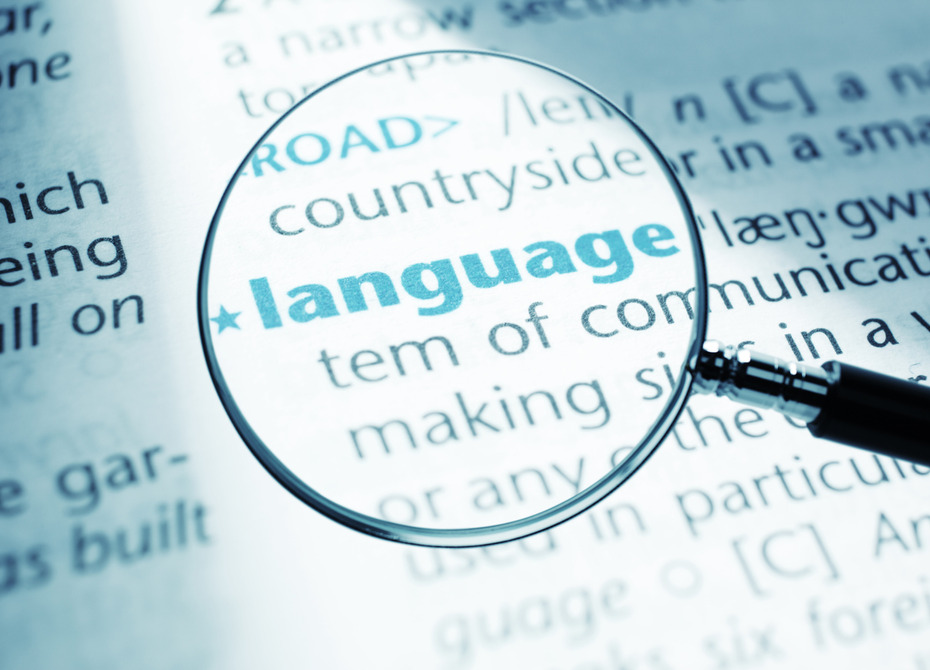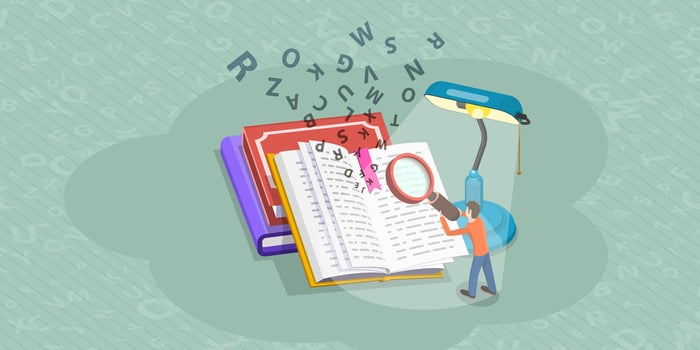Home Buyers Common Home Buying Terms to Know

Are you feeling confused about the home buying process? Don't be! Get acquainted with these common terms before starting your home search so you can be ahead of the game.
Adjustable-Rate Mortgage (ARM)
As the name suggests, ARMs are loans with fluctuating interest rates over time. The loan rate may increase until it reaches the highest possible rate.
Amortization
Amortization is the process of paying off a loan through periodic payments to a lender.
Appraisal
An appraisal is a written valuation of something; in this case, a home. An appraiser will consider the market at a given date to set the price of your home.
Buyer's Agent
A buyer's agent acts on behalf of the buyer in a real estate transaction. They will keep your best interests in mind to help you obtain the best deal on a home.
Closing
In real estate, closing, also known as settlement, occurs at the end of a home transaction after the delivery of a deed, financial adjustments, the signing of contracts, and the disbursement of closing funds.
Contract of Sale
The contract of sale is an agreement between a buyer and seller with certain conditions and payments expected to be met.
Deed
This document proves that the property owner actually has title to that property. After your local government records a deed, it becomes public record.
Department of Housing and Urban Development (HUD)
Founded in 1955 by former U.S. president Lyndon B Johnson, HUD is a government agency responsible for equal opportunity housing and urban development programs.
Down Payment
A down payment is the portion of the home price that a buyer pays to the seller to close a sale. It is recommended that buyers make a down payment of 20% of the home's price.
Earnest Money
Earnest money, also known as a good faith deposit, is money the buyer pays the seller to show their intention of obtaining a mortgage to buy the property/home. Depending on the circumstances, the buyer may not see a return of that money if they do not complete the purchase.
Equity
Equity is the difference between a buyer's outstanding mortgage balance and what the purchased home is currently worth. For example, if the buyer owes $150,000 on their mortgage loan and the purchased home is worth $200,000, the buyer would have $50,000 of equity in the house.
Escrow
Escrow occurs when a third party temporarily holds a large sum of money or property until a particular condition has been met in a real estate transaction. Escrow protects the buyer's deposit and holds a homeowner's funds for taxes and insurance. There are typically two types of escrow accounts: one for the home buying process and the other for the life of your loan.
Federal Housing Administration (FHA)
The FHA is a U.S. agency that provides mortgage insurance to FHA-approved lenders. FHA loans require lower credit scores and smaller down payments. In the case of failed payments and defaults, the FHA protects and pays the lender through mortgage insurance.
Fixed Interest Rate
As the name suggests, a fixed-interest rate never changes over time. If you have a loan for 30 years, its rate will stay the same throughout the life of the loan.
For Sale By Owner (FSBO)
FSBO are homes sold by the owner without an agent's help. Often, the seller is trying to save money by avoiding agent fees. If you plan to sell FSBO, make sure you do your research first so that the terms of sale comply with federal, state, and local regulations.
 Home Inspection
Home Inspection
When selling or buying a home, a home inspection evaluates the electrical, plumbing, heating, and cooling systems, as well as appliances, roof, and the home's foundation.
Lien
A lien is a claim on a property in order to satisfy debt.
Market Value
Market value is the basis for the listing price and asking price of a home. It is the highest price a buyer would pay and the lowest price a seller would accept.
Mortgage
A mortgage is a legal document that pledges real property to the lender as security for the repayment of a debt.
Multiple Listing Service (MLS)
This online service provided by the Board of Realtors® renders access to real estate listings of properties for sale or lease.
Pre-Approval
A pre-approval is not to get confused with a pre-qualification. A pre-approval is a written agreement from a mortgage lender that grants a home purchase loan. To be pre-approved, one must go through the pre-qualification process, which evaluates your credit history, employment history, debts, and personal assets.
Private Mortgage Insurance (PMI)
PMI is insurance written by a private company protecting the mortgage lender from financial loss if a borrower defaults.
Refinancing
Refinancing occurs when the payer repays debt with the proceeds of a new loan, using the same property as collateral. People refinance to take advantage of a loan with lower interest rates.
Title
A title is written evidence that the owner has the right to the property. Titles can be acquired through purchase, inheritance, gift, devise, and foreclosure.
Underwriting/Underwriter
An underwriter analyzes the risk involved for the lender in making a mortgage loan. Underwriting consists of evaluating the property and the borrower's ability to repay the loan.
VA Loan
VA loans are part of the Department of Veteran Affairs and are eligible to veterans and active duty service members. They usually have lower down payments than other types of loans.
At HomeHunt, we don't want any new buyers and sellers to feel confused or overwhelmed. Get the support you need with a local HomeHunt agent. Contact us today!